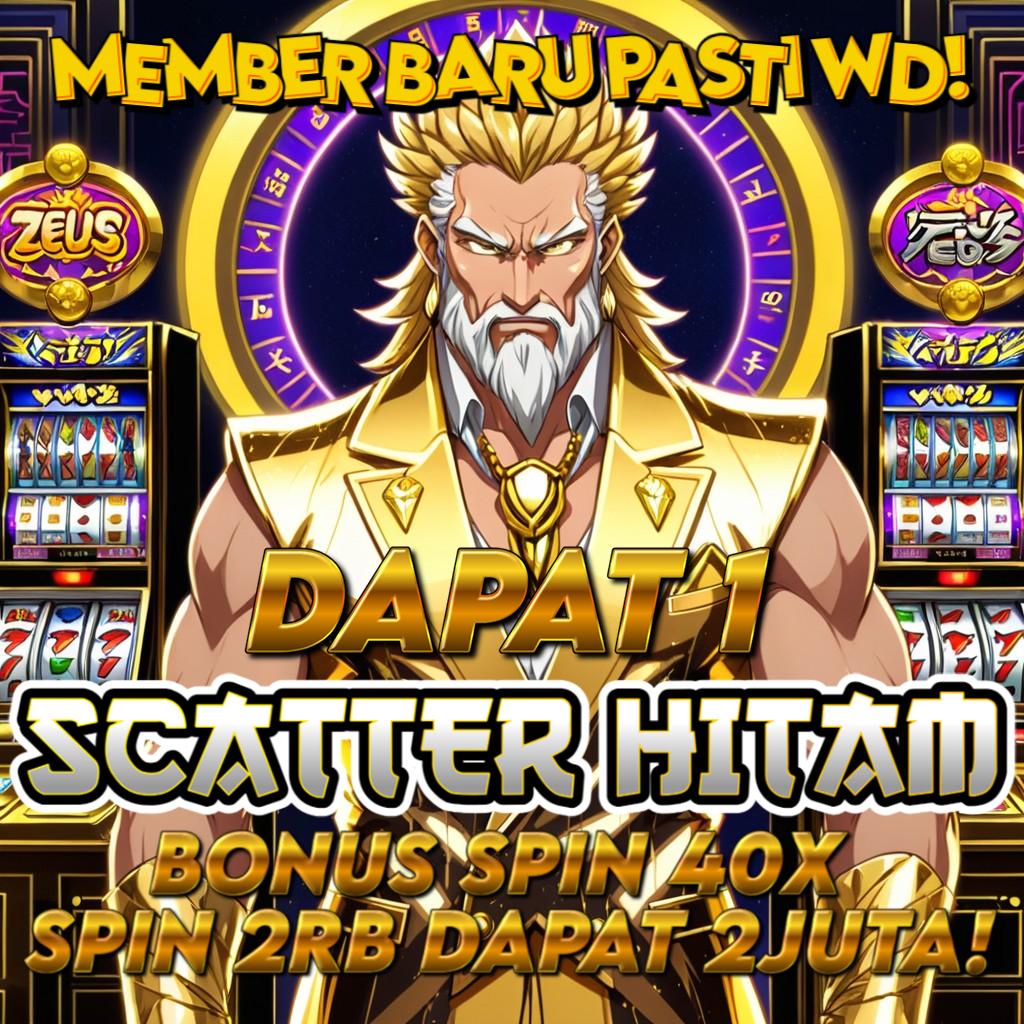BETA138: Daftar Situs Slot Gacor Gampang Maxwin & Slot MPO Pasti Hoki 2024
IDR 5,000.00
Selamat datang di situs slot gacor gampang maxwin BETA138 yang di dukung oleh agen slot mpo pasti hoki terbaik 2024, karena di situs slot gacor beta138 memiliki berbagai macam game slot hoki yang memiliki tingkat RTP SLOT Live yang sangat tinggi serta di dukung oleh fitur akun pro platinum dan memiliki lisensi resmi dari engine terbaik INFINI88, yuk daftar sekarang dan dapatkan maxwin di situs slot gacor beta138!

Quantity:
